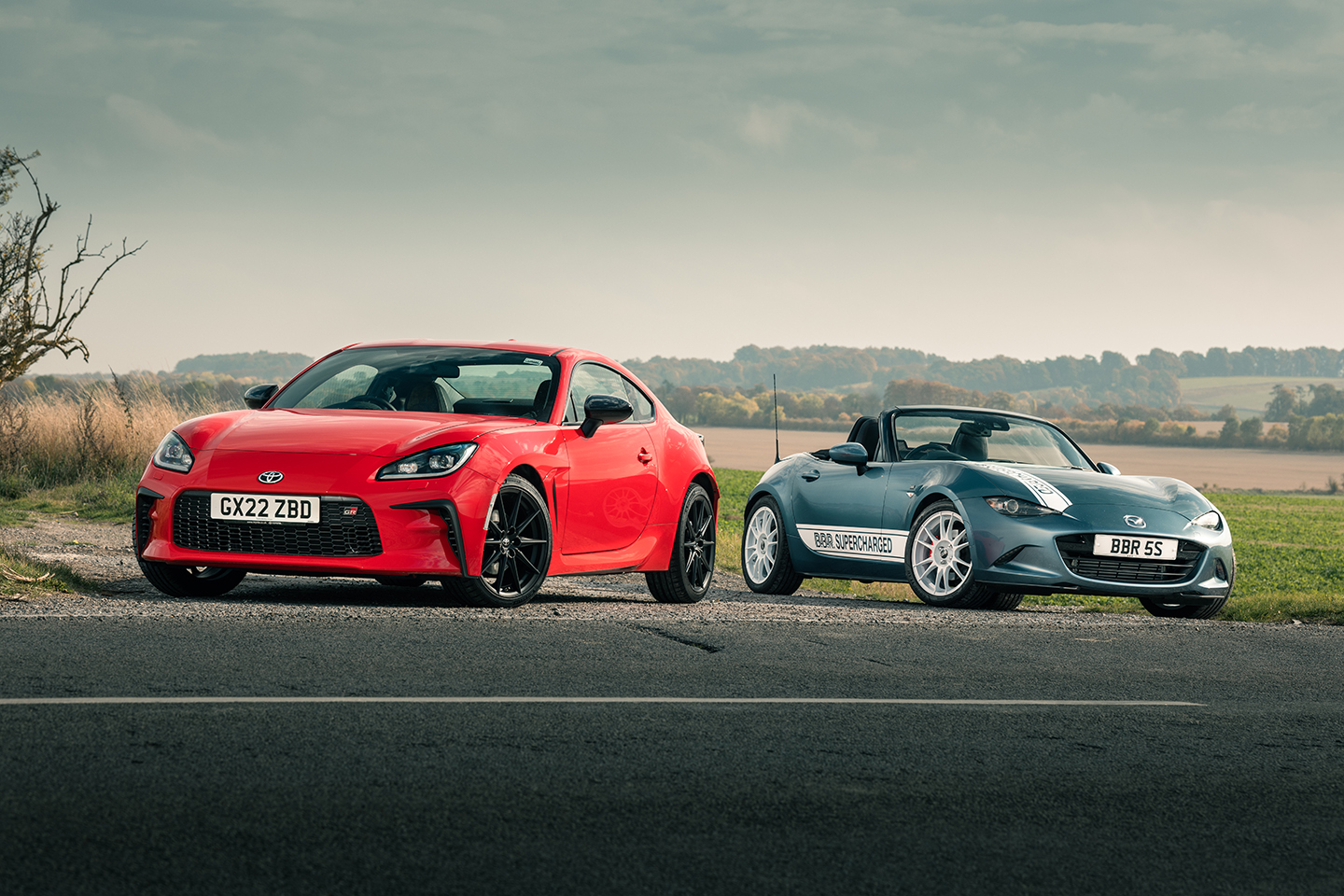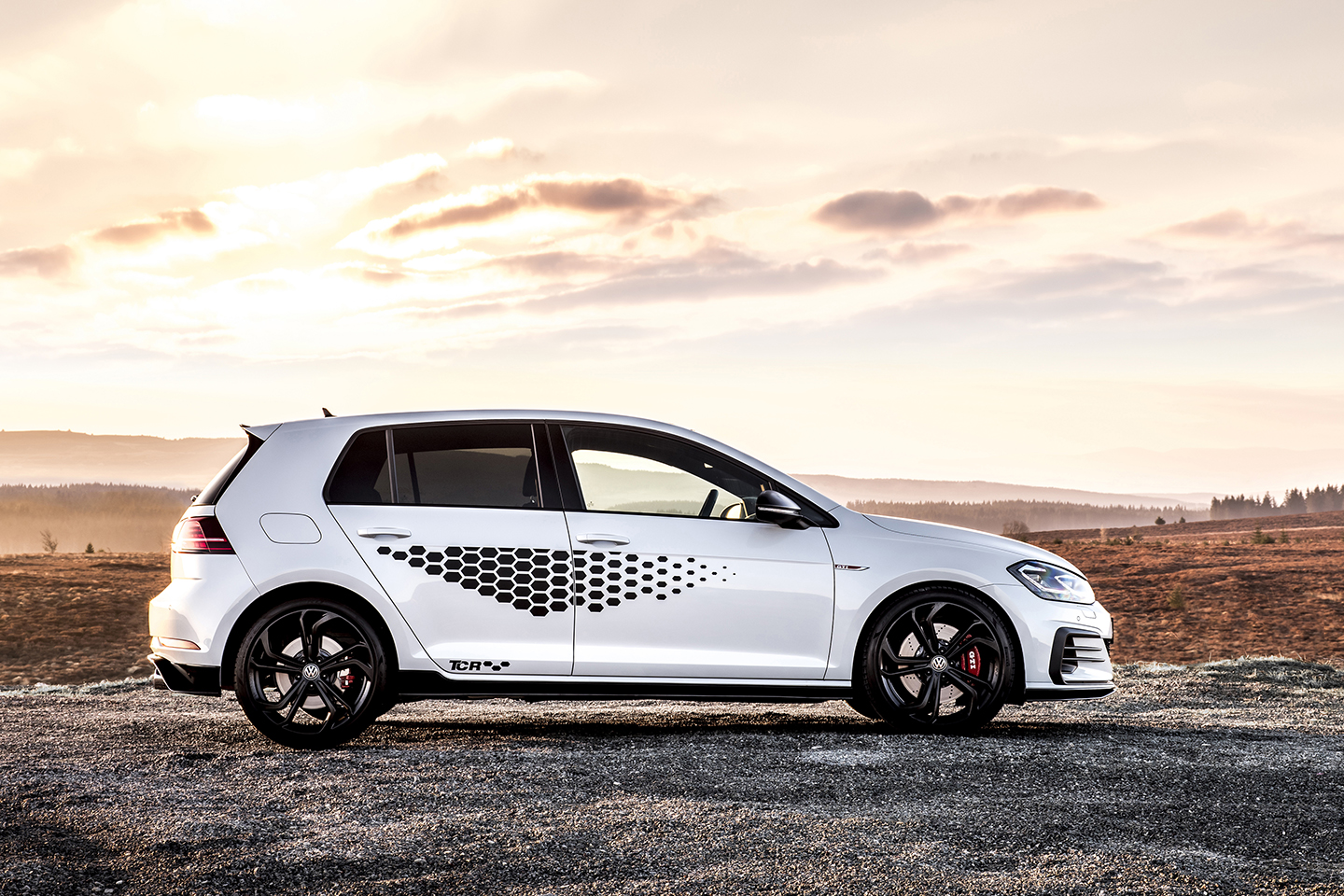EU approves 2035 phaseout - but e-fuels exempt
New EU law finally passed yet the door remains open to CO2-neutral internal combustion after 2035

Closure. That dreaded Americanism that the everyone in the world seems to be looking for in some capacity or another these days. By the way, we’re not belittling the serious stuff – those with real issues in their past have our deepest sympathies. It’s more the language used by so many to describe the often inconsequential stuff; stuff that in the past might have garnered a comment like “Get over yourself.” Anyway, whether that phrase send shivers down your spine or not, here’s some good closure.
The door to buying a combustion-engined car in the EU has not closed, as it looked very likely it would just a few weeks ago. We been reporting in this story since it first surfaced, of course. The EU was due to vote on passing a new law that would ban all new combustion cars being sold in its jurisdiction from 2035. This law looked like a forgone conclusion, right up until the point that Germany’s transport minister – or as we’ve named him, the caped crusader – Volker Wissing piped up and said ‘up with this I will not put,’ or words to that effect, said in German. Thinking about it, it would've been a little ironic if he had used the quote verbatim.
Anyway, it caused a bit of a domino effect. Once Wissing had spoken out, Italy, Poland and various other states stood behind Germany and that caused all sorts of ructions around the EU Commission. The row centred on adding a clause to allow combustion engines to carry on, as long as they ran on bio or synthetic fuels (e-fuels). As you’ll be aware, those are fuels that (providing the energy used to make it is clean) when burned only release CO2 back into the atmosphere that was recovered from the atmosphere to make them. CO2 neutral, in simple terms.
Today’s news from Reuters states that: ‘European Union countries gave final approval on Tuesday to a landmark law to end sales of new CO2-emitting cars in 2035, after Germany won an exemption for cars running on e-fuels.’ It's reported that Poland voted against the law and Italy, Bulgaria and Romania abstained. So there you go: in theory, combustion cars are still viable after that 2035. As always, there are snags, though.


Production of E-fuels isn’t currently scalable – not to the extent it needs to be to serve the mass market. Take Porsche’s plant in Chile for instance. That’s in its pilot phase of e-fuel production right now, which is around 130,000 litres per year. That’s enough to supply projects such as its Porsche Supercup series and its Porsche Experience Centres with sustainable fuel. There are plans to ramp that up to a projected 55 million litres per year by the middle of the decade, and in the latter half of the decade stretch it to around 550 million litres. If that sounds a lot, here’s a sobering thought: in 2021, the US alone consumed 1.6 billion litres of petrol. The other issue is cost, because e-fuels are a lot more expensive than regular fossil-fuel petrol right now.
There will be no mixing and matching, either. Don’t think you’ll be able to buy a new ICE car after the EU ban and stop for a cheeky splash and dash of unleaded. There was talk this week that, as part of the exemption, cars sold with a combustion engine after 2035 must recognise the difference between e-fuel and fossil fuel and not run on the latter. The finer details of how that will happen aren't apparent at the moment, though.
In conclusion, then, we have closure: the door to ICE isn’t closed, which is good. But there are still many things that need to align to allow the cars that we at PH love the most to carry on. It does give us hope that, at the very least, premium manufacturers such as Porsche and Ferrari can officially carry on designing, developing and producing cars with great-sounding and highly characterful engines. If you think that won’t affect you, then think about it this way: cutting edge technology tends to filter down to the common man. It’s just that this time we’re hoping it’s old technology will filter down to us, instead.
Second newsflash - the average punter won’t be able to afford this or the very rare, expensive new car with an engine to still run it.
It is good news for decarbonising classics though.
Ahhhhh, that’s better. Confirmed not for the UK
It will also leave Porsche etc in a quandry. The UK is an important 911 and GT3 market for them. Are they really going to develop a range of EV cars for the UK as well as a range of synthetic fuel cars for Europe only? What about the rest of the world.
The lack of certainty would make pursuing an ICE platform very risky and expensive.
And what about hybrids in the meantime? There would need to be a third range of hybrid sports cars to fill in the 5 year gap from 2030 to 2035.
For these and other reasons I doubt synthetic fuel road cars will happen.
Gassing Station | General Gassing | Top of Page | What's New | My Stuff



